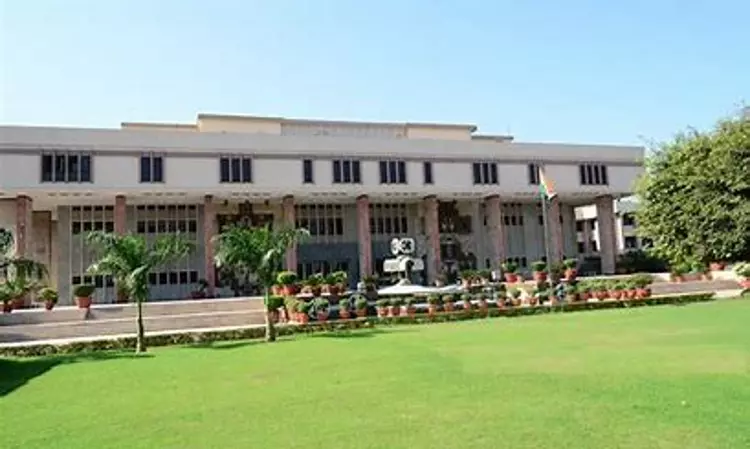Intention To Arbitrate Must Be Assessed Holistically In Transactions Involving Interlinked Agreements, Even If Some Agreements Lack Explicit Arbitration Clauses: Delhi High Court
Rajesh Kumar
21 July 2024 11:00 AM IST

Next Story
21 July 2024 11:00 AM IST
